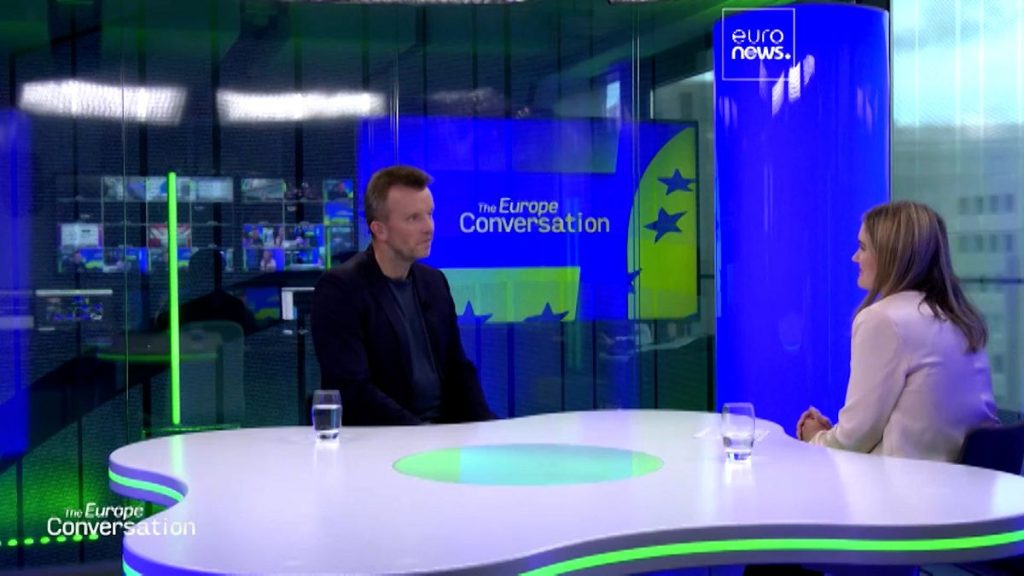The European Union is currently facing a multitude of challenges, including the war in Ukraine, conflict in the Middle East, and uncertainty about future relations with the United States. Jacob Kirkegaard, a Senior Fellow at the Bruegel think tank, believes that the EU’s lack of unity on issues such as Israel and Palestine exposes its inability to exert real influence and risks damaging its credibility among Global South partners. He points out the “hypocrisy” of the EU defending international law in Ukraine while seemingly ignoring the ongoing humanitarian crisis in Gaza. Kirkegaard emphasizes the need for the EU to address these issues strategically in order to maintain its credibility on the global stage.
As the conflict in Ukraine continues to escalate, Kirkegaard acknowledges the precarious situation facing the country as Russia launches constant attacks on Ukrainian energy sources. He believes that Ukraine’s long-term future lies within the EU and predicts that the country could potentially join the EU by 2030. Despite concerns about the upcoming US presidential election and domestic politics in European countries, Kirkegaard is optimistic about the support for Ukraine within the EU, with the exception of a few countries. Ukrainian President Volodymyr Zelenskyy has been presenting his “victory plan” to allies, which includes the use of Western weapons for offensive military operations inside Russia.
Zelenskyy’s efforts to secure support for Ukraine’s offensive plan have not yet been successful, with differing views among Western allies such as the US and Germany. However, Kirkegaard points out that other European countries have supported Ukraine by providing military equipment, including long-range missiles and F-16s. The growth of Ukraine’s domestic military-industrial complex has also allowed for the country to utilize accurate long-range drone strikes on Russian targets without needing permission from Western allies. This demonstrates Ukraine’s increasing capabilities in the conflict and its ability to defend itself against Russian aggression.
In the midst of these geopolitical challenges, the EU faces a crucial task in navigating its response to the conflict in Ukraine and the broader regional issues in the Middle East. Kirkegaard emphasizes the need for the EU to address these issues strategically and cohesively in order to exert influence on the global stage. He highlights the importance of maintaining credibility among Global South partners by demonstrating a consistent commitment to international law and human rights. Kirkegaard believes that the EU’s response to these crises will shape its future relations with key allies and partners around the world.
As the conflict in Ukraine continues to unfold, the EU must carefully consider its position and response to ensure the stability and security of the region. Kirkegaard suggests that the EU prioritize supporting Ukraine in its efforts to defend itself against Russian aggression and address the broader geopolitical challenges facing the region. By demonstrating unity and strategic leadership, the EU can play a crucial role in shaping the future of the conflict in Ukraine and its relations with key partners. Kirkegaard remains cautiously optimistic about the EU’s ability to navigate these challenges and uphold its values on the global stage.


